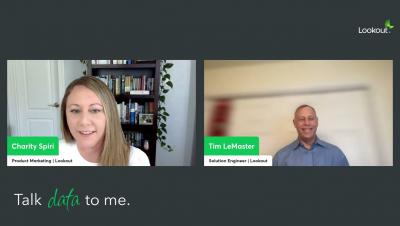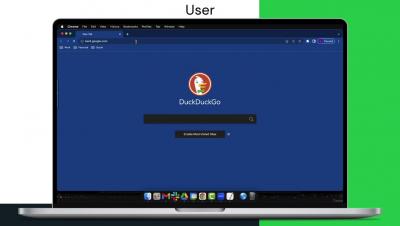Security | Threat Detection | Cyberattacks | DevSecOps | Compliance
July 2023
Integrate with your existing infrastructure
Data Protection on the Internet: Data Leakage Prevention for ChatGPT, Bard, Generative AI, and Shadow IT
With the rise of hybrid work, data leakage has become a significant issue. Employees are now working from a variety of locations, including their homes, coffee shops, and even public libraries. This makes it more difficult to keep track of data moving between managed endpoints and your organization's SaaS applications or private apps. Shadow IT, the use of unauthorized or unapproved software and services by employees has always been a challenge for IT departments.
Avoid Zero Trust Misconceptions | Talk Data To Me
Lookout Announces Advanced Traffic Steering Agents to Replace Virtual Private Networks
For more than two decades, virtual private networks (VPNs) have been the go-to technology for enterprise remote access — and by extension, for enforcing remote access security. Even ubiquitous internet connections are often redirected via VPN to a central data center, where security enforcement occurs through various hardware appliances. From there, the traffic is forwarded onward to the internet. Of course, it must follow the same indirect path back on the response side.
The Zero-Trust Journey Every Organisation Must Make
Data Protection for Chat GPT, Generative AI, and Shadow IT
Why Should Enterprises Care About APTs? Defend Against Chinese, Russian Cyber Espionage Hacking Groups and Other Nation-State Actors
We often think of advanced persistent threats or APTs as threats primarily targeting governments for cyber espionage, but they could have just as much impact on the private sector. Oftentimes, both the techniques and the tooling used overlap between APTs and financially-motivated cybercriminals, and some APT groups themselves have taken to moonlighting as cybercriminals for profit.









